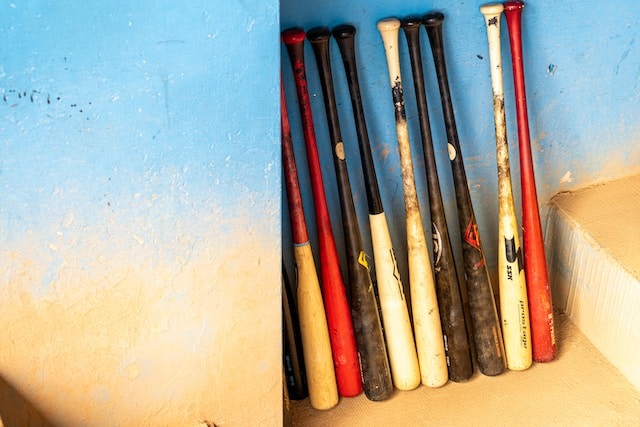The phrase “no pepper” in baseball refers to a rule or guideline seen in many ballparks prohibiting the playing of a warm-up game called pepper.
Pepper is a popular warm-up game in baseball. One player hits balls to fielders standing close by.
The fielders then throw the balls back to the batter, who uses a short, light swing to continue hitting the balls on the ground towards the fielders.
The “no pepper” rule exists to keep fans safe. Wild balls during pepper can harm people in the stands.
Understanding ‘No Pepper’ in Baseball
In baseball, ‘No Pepper’ means you can’t play a drill called pepper in a certain place. It’s usually written on signs near the ballpark or field. It is relevant to understand what pepper is in order to grasp the meaning and reason behind the ‘No Pepper’ signs.
In baseball, pepper is a common exercise before the game. One player hits grounders and line drives to fielders standing nearby.
The fielders then throw balls back to the batter, who uses a short, light swing to hit the ball on the ground towards the fielders.
This drill serves as a warm-up for both batters and fielders, helping them to practice their skills before a game or practice session.
The primary reason behind the ban of pepper in some baseball fields is fan safety.
During a game, there is always a risk of wild balls flying out of the field and potentially causing injuries to spectators.
This risk can be heightened when pepper is played near stands or other areas where people might be gathered.
Sometimes, the ‘No Pepper’ signs remind players of the rules and consequences for doing the forbidden drill. These signs discourage pepper use where it may harm fans or interrupt nearby activities.
Why is Pepper Banned?
The primary reason for the ban on pepper games in baseball is the concern for spectator safety. Pepper is a warm-up activity before a game. The batter hits balls to fielders close by. As the batter takes short and light swings, there is a risk of wild balls flying into the stands and injuring fans.
Moreover, pepper games involve balls being hit in different directions, which could affect other players on the field. For instance, a stray ball might obstruct a pitcher’s warm-up or players preparing for their turns.
The risk of players getting hurt by a sudden line drive or foul ball is a big reason why pepper games are not allowed.
Bring pepper back to baseball in 2019. pic.twitter.com/3mDtNPdyLt
— Stirrups Now! (@uniformcritic) December 31, 2018
Other considerations include liability and insurance concerns. If somebody were to be injured by a ball during a pepper game, the involved parties may face legal repercussions and insurance claims.
Hence, banning pepper exercises helps minimize the risk for both the venue and the players.
The game can also damage the field because the cleats repeatedly wear down the turf in certain spots.
By prohibiting pepper games, the field’s lifespan can be preserved, and the turf maintenance costs can be minimized.
The main reason for banning pepper games in baseball is to keep spectators and players safe and prevent injuries.
In addition to safety, insurance and field upkeep also influence the choice to ban these exercises. This makes baseball safer and more fun for everyone.
Final Word
Baseball players still play pepper games to improve their skills, but not in official ballparks. The playful drill is important in baseball’s history and helps all types of players but it is understandable why some ballparks don’t allow it.

